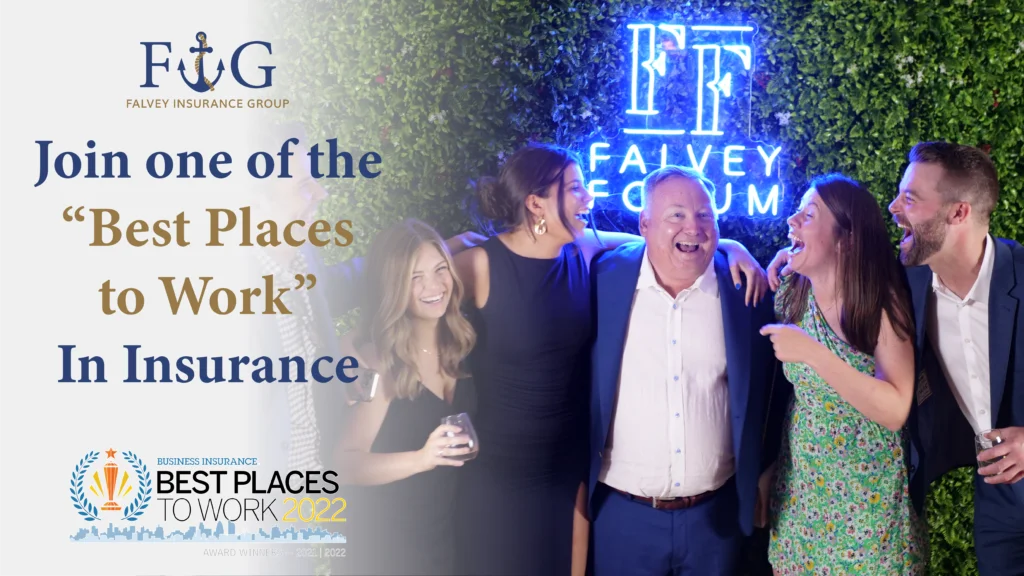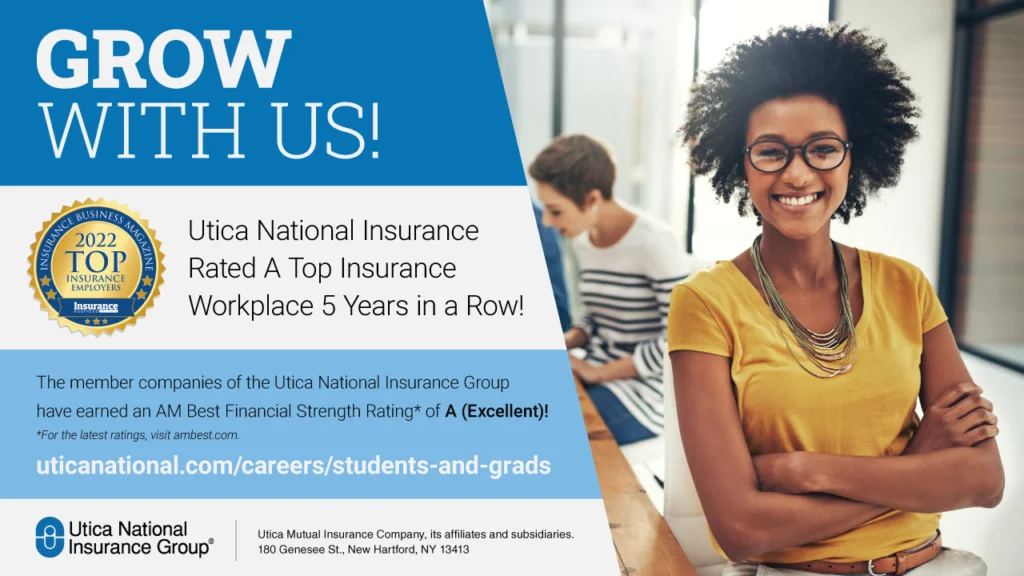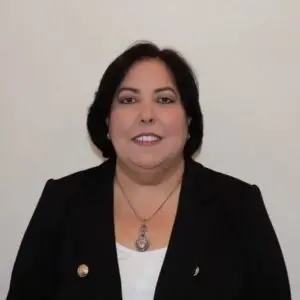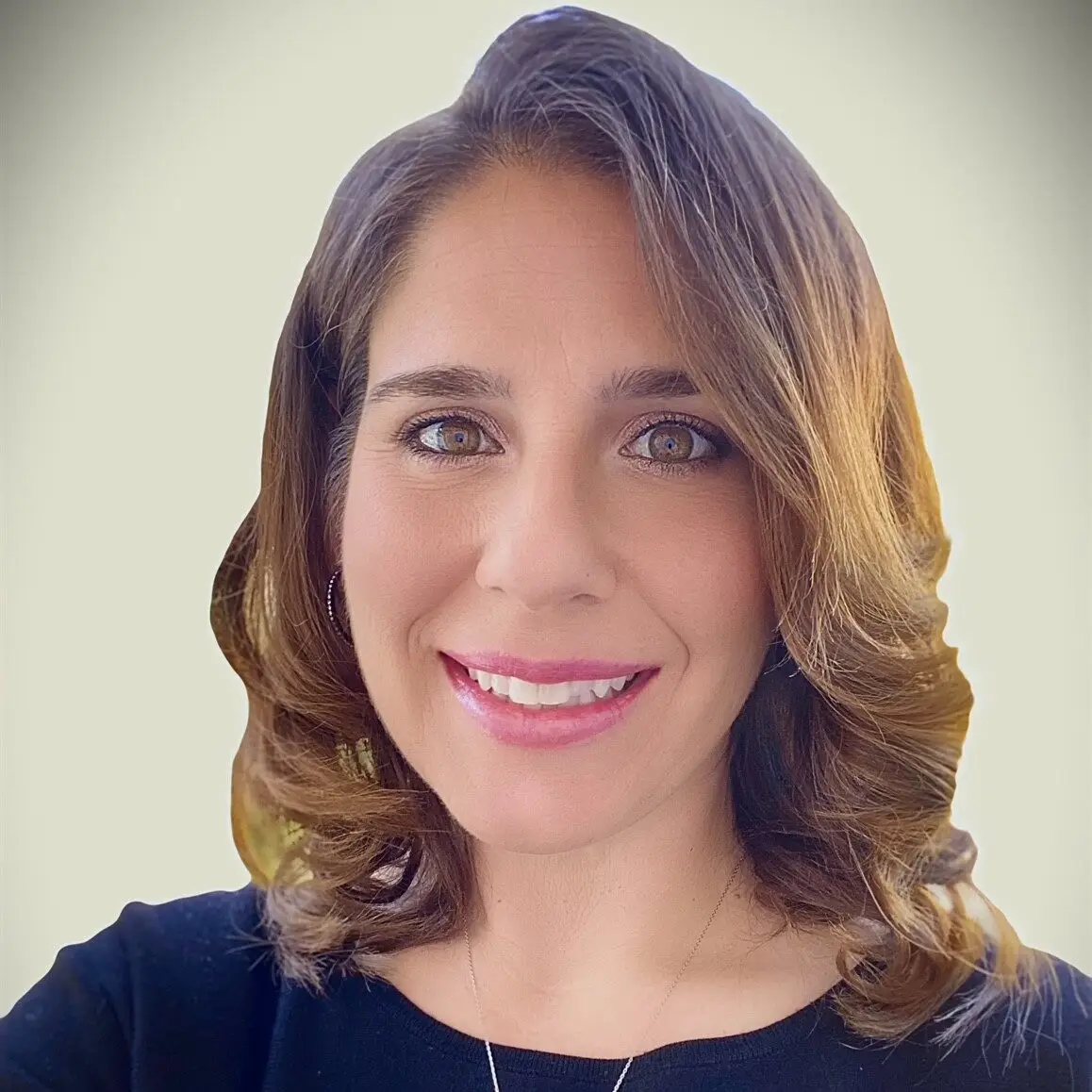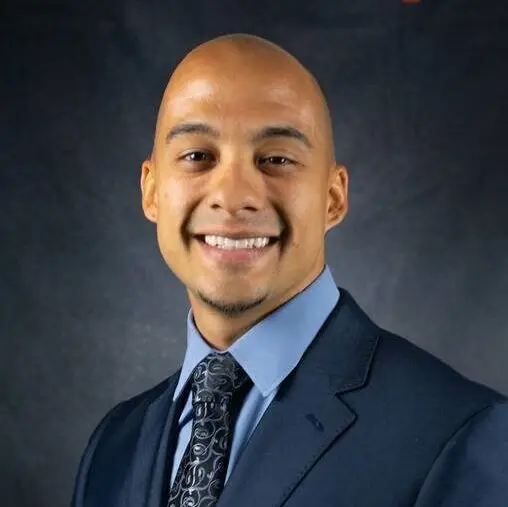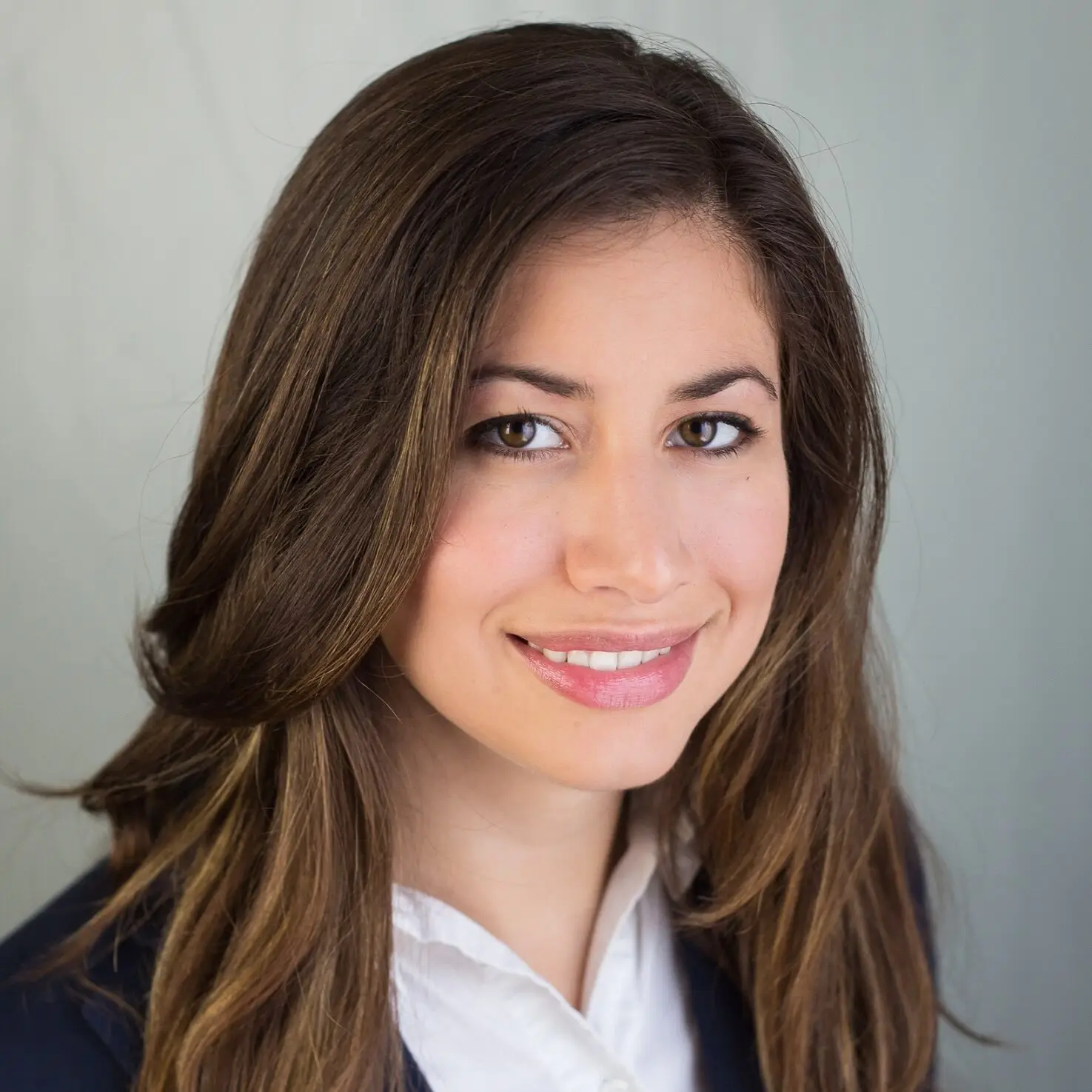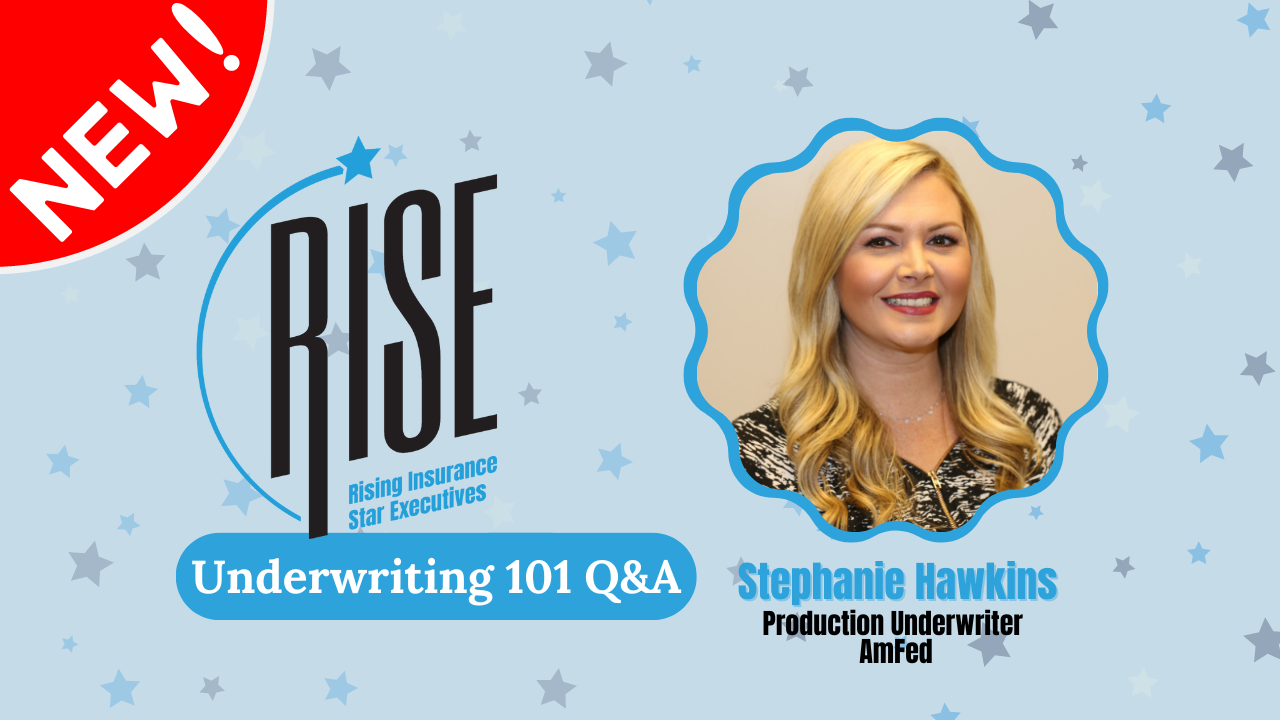by: Tandeka Nomvete, External Engagement Director for Spencer Educational Foundation

In my senior year of college, I decided to switch my major from Actuarial Science to Risk Management and Insurance (RMI) and I desperately wanted an RMI internship! I knew the Actuarial Science career path and understood the exam process, but I didn’t know what the actual “job” was when one obtains a degree in RMI. I needed an internship to build out my resume and help position me for a full-time role upon graduation. Below was my process and lessons learned during this time – Hoping that this will help you along your journey of finding an RMI internship:
Revise Your Resume
Even if you have revised your resume 100 times, keep editing and upgrading it! Put your resume in front of as many people as possible and understand that each person who reviews it is going to give you a slightly different perspective and opinion. Not only should your family, friends, and professors review it but try to get your resume in front of working professionals and recruiting experts. I had revised my resume so many times and thought it was perfect, but one day my RIMS mentor took me to a lunch with his boss, and he had the foresight to print out my resume and bring it to the lunch that day. During our lunch meeting, my mentor’s boss grabbed a pen and started making tons of edits and scribbles all over my resume. I was shook! If you find yourself in this type of situation, you need to keep an open mind and be open to receiving constructive criticism. Without constructive criticism, you cannot progress. Those edits that he made to my resume on that fateful day transformed the resume from good to excellent. He provided so much insight that was specific to the Risk Management & Insurance industry and he helped me tailor my resume to make it stand out. That networking lunch literally changed my life and it would not have been possible without a mentor.
Apply Everywhere
Armed with my newly updated resume which had been reviewed by an industry professional, I was ready to apply for internships! I kept hearing certain company names over and over again, so I knew I wanted to apply to those companies first. I searched the internet for a comprehensive list of RMI companies to apply to, but could not find anything. I ended up going with google searches such as top 100 insurance companies, top 50 brokerages, etc. Thank goodness for RISE, who in 2020 started providing a list of the top 50 RMI internships to apply to – This valuable resource will hopefully save many of you a lot of time. As a student, I created a tracking spreadsheet and started listing details of the companies that I was applying to. Columns I would suggest using are: Company, Job Title, Location, Website, Applied? Y/N, Date Applied, Resume Type, Contact Name, Contact Email Address, Next Steps. If you’re tailoring the objective or summary section on your resume, or if you have different versions of your resume, it’s important to keep track of which resume you send to which company – Which is why the “Resume Type” column is important. Now that your tracking sheet is ready to go – Apply everywhere! Start by making a list of 50-100 companies in our industry that offer internships. It will also help if you add a column for “Industry Sector” so that you can also keep track if the company is a Brokerage, Insurance Company, Third Party Administrator, Risk Management department, Consulting firm, etc.
Network, Network, Network!
Applying for an internship online is all good and well, but one thing that will enhance your success is networking. I found myself in a situation where after applying, I would receive emails and calls to do either an informational interview or a 1st-round interview. I would often progress to the final round of the interview process but was not receiving internship offers. It was very frustrating because I did not know what I was doing wrong. Networking is how I ended up getting my internship! After I emailed my updated resume to my RIMS mentor and his boss, they were both kind enough to share my resume with their networks. My mentor’s boss was a broker and he sent my resume to a Risk Manager in Florida, who happened to be South African. Guess what – I am South African! The Risk Manager encouraged me to connect with her and we set up an introductory phone call. We immediately connected and she then sent my resume to all of her contacts that offer internship programs in both Florida and Georgia. One of those contacts was a broker at Marsh in Florida who then sent my resume to Marsh New York and it wound up on the desk of the recruiter who was managing the national internship program. He gave me a call, and a few days later I was doing a four-hour interview at Marsh in Atlanta. A couple of weeks later I received my internship offer – Just in time for the summer!
Lessons Learned
What I didn’t know at the application stage was that obtaining an internship (or entry-level job) can be a long and arduous process that can sometimes take months. It’s not as simple as apply today and you’ll get the job tomorrow (no matter how fantastic of a student you are)! After the recruiter reviews your resume, they have to decide if you’re going to progress to the 1st-round interview stage. Then there is a 2nd-round, and often a 3rd and 4th round. The company might even call it an “informational discussion” or say they want to set up some time to “chat” with you, but you must recognize that any conversation with the company is an interview, so you should treat it as such. The earlier you start your application process the better, to allow more time for interviewing. Before I received my internship offer, I was low-key freaking out because I was applying to tons of companies online, but I was not receiving any internship offers. I didn’t know how fierce the competition was for internships. Had I understood the importance of networking earlier on, I would have spent just as much time joining RMI groups and associations and seeking ways to network with working professionals.
Resources
Not sure where to start? Several organizations and professional associations within the RMI industry would be happy to review your resume and assist you along your journey as you seek an internship. Some recruiters serve as career coaches that can point you in the right direction. Get involved with your local RMI community and start networking. These days, you can network virtually just as effectively as in person. Keep in mind that these opportunities will not just come to you – You have to seek virtual meetings that you can join and turn on your camera & speak up to meet new people. The nice thing about virtual networking is that it takes up less time and you can connect with people from all across the country. Examples include joining virtual RIMS chapter meetings in various locations and joining the Spencer Educational Foundation’s monthly networking sessions for students. Tell your professors that you are interested in traveling to attend regional and national RMI-related conferences. Raise your hand to volunteer with a nonprofit organization. Do what you can to secure face-time with RMI professionals and have your elevator pitch ready, so you can share your story. Don’t be shy to let them know that you’re seeking an internship and would appreciate any assistance that they can offer (including an introduction to other contacts).
Wishing you all the best with your journey to finding an internship. Feel free to connect with me and I’d be happy to point you in the right direction. Don’t give up – You got this!
